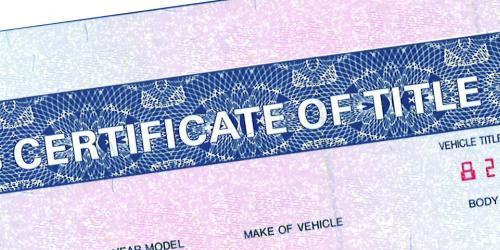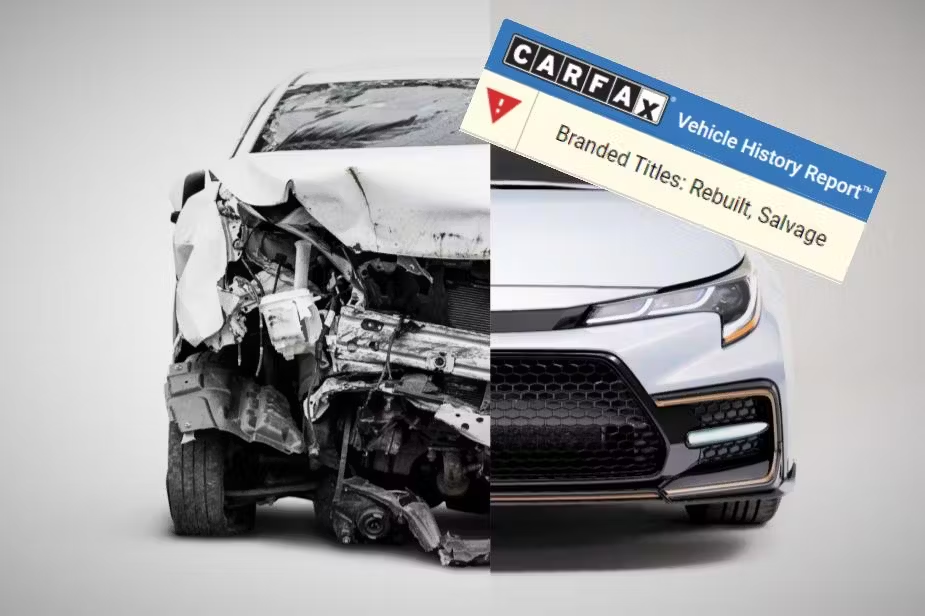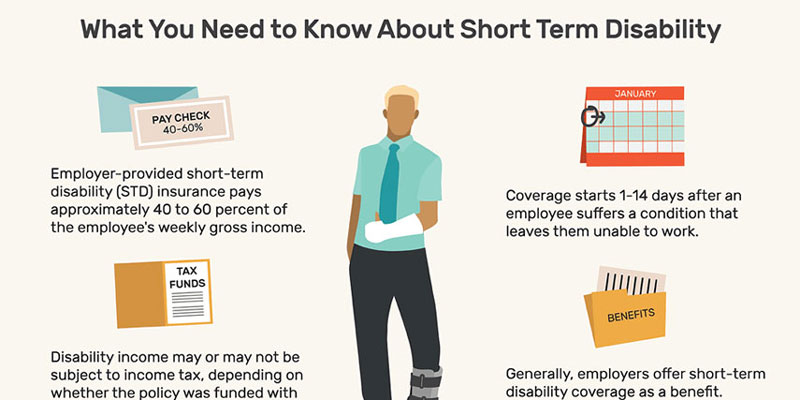What Is a Rebuilt Car Title?
Dec 15, 2024 By Kelly Walker
Are you considering buying a used car? There are many things to consider when purchasing a second-hand vehicle - one of the most important being if it is registered with a rebuilt car title. A rebuilt car is a motor Vehicle (DMV) to signify that issued rebuilt car title is a certain vehicle that has been repaired after an accident or other major problems, such as water damage. Suppose you're in the process of securing financing for your next vehicle purchase.
In that case, knowing what defines rebuilt cars and titles can help provide valuable insight into which type of automobile will best suit your budget and needs. In this blog post, we'll discuss exactly what defines a rebuilt car title so you can make educated decisions when shopping for your next pre-owned vehicle!
Defining a Rebuilt Car Title
A rebuilt car title is a document issued by the Department of Motor Vehicles (DMV) to signify that a certain vehicle has been repaired after an accident or other major problems, such as water damage. To obtain a rebuilt title, owners must prove that the vehicle has undergone substantial repairs and is safe for use on public roads. These repairs must typically be verified by an independent mechanic and the DMV, who then issue a rebuilt title for the car.
A rebuilt car title means a vehicle's repair history is documented and known to potential buyers. This document also helps protect buyers from purchasing vehicles with undocumented damage or repairs. Before buying a car with a rebuilt title, it is important to ensure that the title accurately reflects the car's condition.
When financing a vehicle with a rebuilt title, buyers should know that most banks and lenders will require a higher down payment for this type of vehicle. Additionally, rebuilt car titles may also affect a vehicle's resale value and can lead to higher insurance premiums.
Inspecting a car with a rebuilt title is also important to ensure that all repairs have been properly completed and the vehicle is in good condition. Don’t be afraid to ask questions or take the car for a test drive before buying it. The added effort of researching a car's background and inspecting it with a qualified mechanic will ultimately pay off.
Advantages of Purchasing a Vehicle With a Rebuilt Title
The advantages of purchasing a vehicle with a rebuilt title include the assurance that the repairs have been properly completed and being able to buy it for less. A rebuilt car title documents all past repairs and ensures buyers are not at risk of buying a damaged car. The cost of rebuilding and repairing a car is lower than buying a new car, so you can save money by opting for one with a rebuilt title.
In addition to these financial benefits, having a rebuilt title indicates that the vehicle has been inspected and certified as safe to drive by an independent mechanic and DMV. This means that buyers have peace of mind when driving the vehicle.
Requirements to Obtain a Rebuilt Car Title 
The requirements for obtaining a rebuilt car title vary depending on the state and type of vehicle. However, there are some general guidelines that all applicants should follow to get their applications approved.
First, the owner must provide proof of repairs or reconstructions made to the vehicle since its accident or damage. This can include photos and receipts of parts that have been replaced, as well as any other evidence that the vehicle was successfully rebuilt.
Second, the owner must prove that all repairs meet safety standards and follow local laws. This includes verification from an independent mechanic and a signed statement from the DMV’s Motor Vehicle Inspection Unit (MVIU).
Third, documents such as the vehicle’s title, registration, and insurance must also be provided. These documents should include the name of the person applying for the rebuilt car title and any co-owners of the vehicle.
Finally, an application form must be completed and submitted to the DMV. This form will need to include all of the information mentioned above and the applicant’s contact information. The DMV may also require additional documentation, such as an estimate of repair costs and a statement from the insurance company indicating that they know the vehicle's rebuilt status.
Common Reasons Why a Vehicle Has a Rebuilt Title
- The vehicle has been salvaged from an accident or other incident and is being rebuilt.
- The vehicle was declared a total loss due to damage caused by natural disasters, like floods, fires, or hurricanes.
- Parts of the car have been replaced due to age-related wear and tear but are not deemed necessary for safety or performance.
- The vehicle has been reconstructed with parts from another car that are the same model and year as the original.
- The vehicle has been modified to comply with state emissions standards or other environmental regulations.
Pros and Cons of Owning a Rebuilt Vehicle
One of the biggest advantages of owning a reconstructed vehicle is the cost savings associated with it. You can purchase the car for less than market value, but you may also be eligible for car insurance discounts due to its rebuilt status. Additionally, having a rebuilt title means that all repairs and reconstructions have been completed according to industry standards, making it a safe and reliable vehicle.
However, there are some drawbacks to consider as well. It is important to note that rebuilt titles can sometimes be difficult to finance, as many loan companies may not be willing to lend money for vehicles with this type of history. Additionally, the owner may be responsible for all associated costs if the car does not pass inspection or fails other tests.
Overall, owning a rebuilt vehicle can be a great way to save money on your next car purchase. However, it’s important to thoroughly research and understand the requirements of obtaining a rebuilt title to make an informed decision.
FAQs
Q: What Are the Benefits of Purchasing a Car With a Rebuilt Title?
A: Buying a vehicle with a rebuilt title can be beneficial because it often comes at a lower price than one without. It also means that the car has already been inspected by the DMV and declared to be in good working order. However, purchasing any used car requires research and caution, so it's important to know the car’s history and potential issues before taking ownership.
Q: Are there risks with purchasing a Car With a Rebuilt Title?
A: Yes, there are some risks involved with purchasing a car with a rebuilt title. The car may have sustained more damage in the past than was originally reported, or there could be hidden issues that are not discovered until after you take ownership. Additionally, some insurance companies may not offer coverage for cars with rebuilt titles, so it’s important to double-check before signing any paperwork.
Q: What Should I Do Before Purchasing a Car With a Rebuilt Title?
A: Before purchasing a car with a rebuilt title, it’s important to do your research. Read the title report carefully and check for any previous accidents or damage. Additionally, have a certified mechanic inspect the vehicle before purchase to ensure the car is in good working order. Finally, be sure to check with your insurance provider to confirm that they will offer coverage for the car.
Conclusion
When buying a vehicle with a rebuilt title, it's important to be well-informed and do your research. Make sure you consider the risks involved and read the title report carefully before making a purchase. Additionally, having a certified mechanic inspect the vehicle is strongly recommended for additional peace of mind. Doing this will help ensure you get a safe, reliable car you can depend on.

Which Industries Have the Highest Inventory Turnover?

Form 1099-DIV, Dividends and Distributions Definition

InCharge Debt Solutions Review

What Are General Collateral Financing Trades?

A Comprehensive Guide About Unrestricted Net Assets?

Most Famous Leveraged Buyouts

Essential Guide to Understanding Deposit Slips

Best Short-Term Disability Insurance

Understanding Mutual Funds and IPOs Investments

